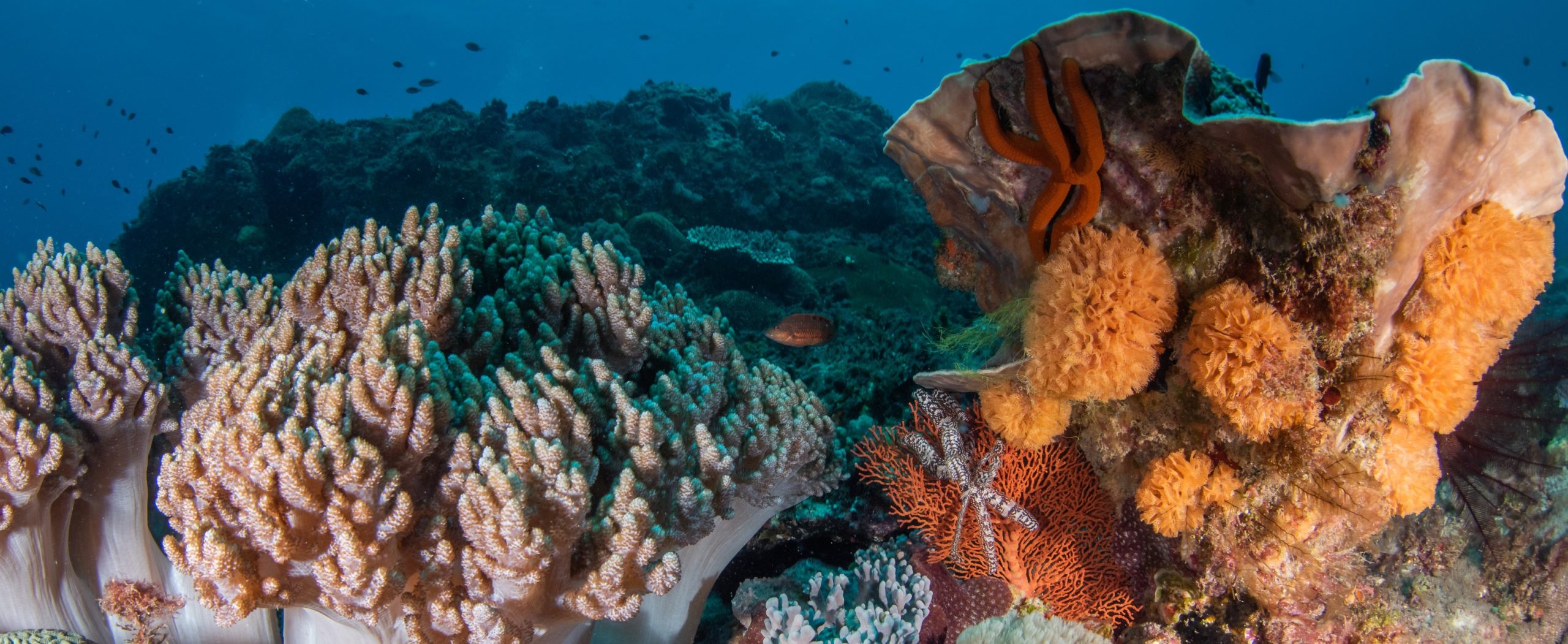1. A continuing debate between environmental scientists and fisheries biologists on the sustainability of fisheries management practices, and the extent of fishing impacts on marine ecosystems, is unlikely to be resolved without fishery‐independent data spanning large geographic and temporal scales. Here, we compare continental‐ and decadal‐scale trends in fisheries catches with underwater reef monitoring data for 533 sites around Australia, and find matching evidence of rapid fish‐stock declines.
2. Regardless of a high global ranking for fisheries sustainability, catches from Australian wild fisheries decreased by 31% over the past decade. The biomass of large fishes observed on underwater transects decreased significantly over the same period on fished reefs (36% decline) and in marine park zones that allow limited fishing (18% decline), but with a negligible overall change in no‐fishing marine reserves. Populations of exploited fishes generally rose within marine reserves and declined outside the reserves, whereas unexploited species showed little difference in population trends within or outside reserves.
3. Although changing climate and more precautionary fisheries management contribute to declining fish catches, fisheries‐independent transect data suggest that excessive fishing also plays a major role.
4. The large number of fishery stocks that remain unmanaged or have poor data, coupled with continuing declines in the stock biomass of managed fish species, indicate that Aichi Target 6 of the Convention on Biological Diversity (i.e. ‘by 2020, all fish and invertebrate stocks and aquatic plants are managed and harvested sustainably’) will not be achieved in Australia, or elsewhere.
5. In order to maintain some naturally functioning food webs supported by large predators and associated ecosystem services in this era of changing climate, a greatly expanded network of effective, fully protected marine protected areas is needed that encompasses global marine biodiversity. The present globally unbalanced situation, with >98% of seas open to some form of fishing, deserves immediate multinational attention.
